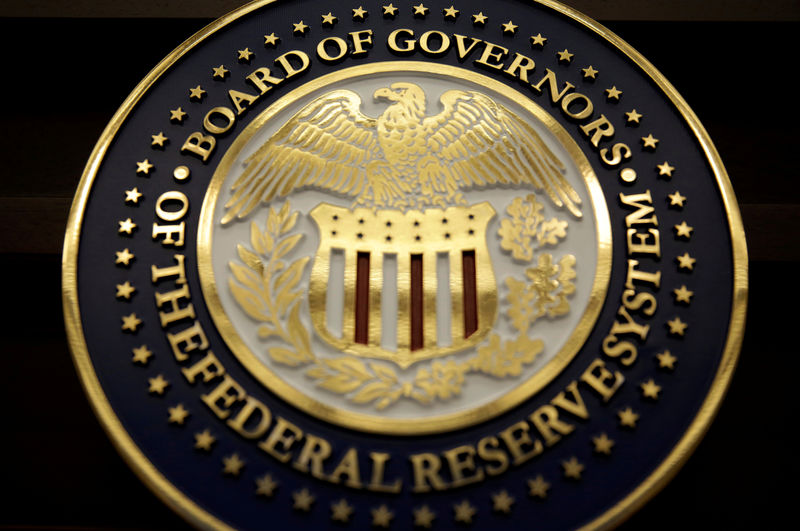By Pete Schroeder
WASHINGTON (Reuters) - The Federal Reserve moved on Tuesday to make its stress testing of large banks more transparent, providing financial firms significantly more information about how their portfolios would perform under potential economic shocks.
During the 2019 round of stress tests and going forward, big banks will know "significantly more" information about the models the U.S. central bank uses to test banks' books, including how hypothetical loans perform under the tests and more detailed information about the Fed's models.
The 2019 tests will include factoring in a jump to 10 percent unemployment from the current 4 percent rate, as well as elevated stress in corporate loan and commercial real estate markets in the most severe scenario.
The transparency changes, first proposed by the Fed in December 2017 and finalized Tuesday, are aimed at long-running bank complaints that the current stress-testing process is cumbersome and opaque.
In addition, less complex banks with assets between $100 billion and $250 billion, such as SunTrust Banks (NYSE:STI) and Fifth Third Bancorp (NASDAQ:FITB) will not have to face the 2019 tests, as the Fed is moving to a two-year cycle for testing those firms.
The industry had been tracking the 2019 testing closely, as Fed officials have said they would like to make the tests more accommodating, amid bank gripes that prior rounds have been overly harsh and resource-intensive.
The steps the Fed is taking to make the testing more transparent should address some of those concerns, although proponents of stricter rules on Wall Street caution too much transparency could allow banks to mask underlying risks by gaming the exam.
The annual test of bank stability subjects the books of large banks like JPMorgan Chase (NYSE:JPM) and Citigroup (NYSE:C) to hypothetical economic downturns to ensure they can withstand the blow without collapsing. The tests vary slightly every year, as the Fed probes for weak points in bank finances, and become more difficult as the economy improves.
"We are confident this scenario will effectively test the resiliency of the nation’s largest banks," said Randal Quarles, the Fed's vice chair for supervision.
The stress tests are a major yearly event for those firms, as they cannot distribute capital through dividends, share buybacks, or other investments without clearing that Fed hurdle. Thirty-four lenders passed the test last year, while Goldman Sachs (NYSE:GS) and Morgan Stanley (NYSE:MS) received conditional approvals that limited their capital distributions. The U.S. subsidiary for Deutsche Bank (DE:DBKGn) had its capital plan rejected by the Fed.
